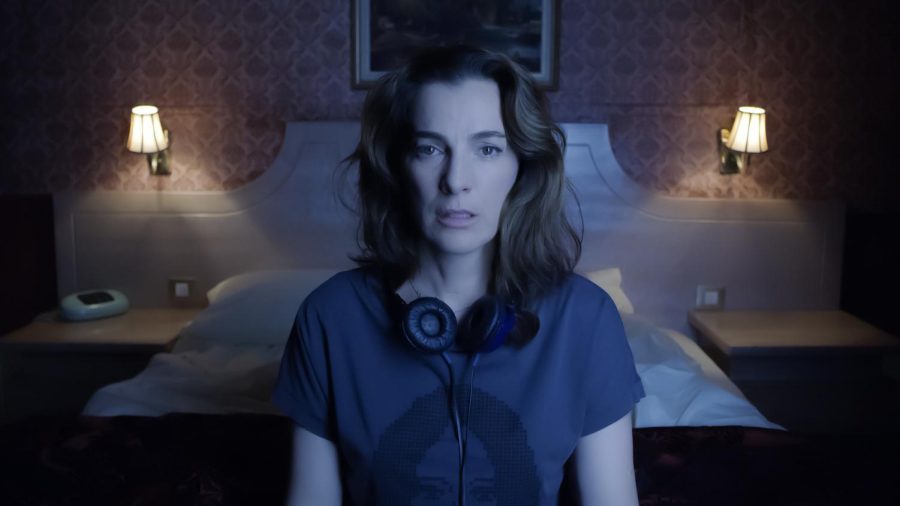‘Losing Alice’ Pilot Portrays Feminine Insecurity With Perfection
“Losing Alice” pilot explores themes of feminine guilt and insecurity within a relationship. (Photo by Rotem Yaron | Courtesy Tribeca Enterprises)
May 30, 2020
This article contains mild spoilers for the pilot of television series “Losing Alice.”
Tribeca Enterprises and YouTube kicked off the We Are One: A Global Film Festival on Friday, May 29. The first day of the virtual event featured three DreamWorks Animation Studios shorts — “Bird Karma,” “Bilby” and “Marooned” — several 360-degree virtual reality experiences — “Alteration,” “Bloodless” and “Crow: The Legend” — and the world premiere of American Israeli writer and director Sigal Avin’s neo-noir television series “Losing Alice.”
Written and performed entirely in Hebrew, the pilot of “Losing Alice” follows 48-year-old director Alice (Ayelet Zurer) and her struggles with insecurity, jealousy and guilt as she meets 24-year-old screenwriter Sophie (Lihi Kornowski) on a train ride one evening.
Initially annoyed by Sophie’s fangirling, Alice’s demeanor immediately changes when she learns that Sophie has written a screenplay for a film she wants Alice’s husband to star in. In fact, Sophie claims she’s already sent it in for Alice’s husband and his team to read over. This news appears to make Alice a bit uncomfortable, and that night she confronts her husband about it. He confirms that he has received and read the script and he plans to take the part.
Alice grows more and more insecure and unstable as she prepares to attend the premiere of her husband’s new film — different from the one with Sophie. Paranoid by her husband’s association with the beautiful and seductive Sophie, Alice begins obsessing over the situation, finding herself stalking Sophie’s social media pages and comparing her own work to Sophie’s. After struggling to like what she sees in the mirror and almost staying home, Alice ends up dragging herself to the premiere only to find Sophie, the constant reminder of Alice’s insecurity, at the showing as well.
The pilot begins with a girl committing suicide in a hotel room, room 209 specifically, and the episode ends in the same hotel with what looks like a woman sprinkled in blood walking down the corridor. What’s eerie and interesting is that the title of Sophie’s screenplay is “Room 209,” a parallel sure to reveal itself in later episodes.
Visually, this pilot rocks, and I have to give credit to cinematographer Rotem Yaron, especially for that first shot with the bright yellow balloons juxtaposed against the dullness of the rain — so stunning. However, what really makes this pilot alluring is the writing and how it ties perfectly into the themes at hand. One perfect example of showing Alice’s nonsensical but very real guilt and insecurity is when she is with her husband in the theater, watching the premiere. Alice leans over and says with a saddening numbness, “I’m sorry.” Her husband is of course taken aback and replies, “About what?” Alice painfully says, “I’m not sure.” This exchange perfectly exemplifies feminine insecurity within a relationship and just how toxic and harmful it can be.
The pilot of any TV show or series is arguably the most important episode — first impressions are crucial for audiences in deciding whether or not the show is worth watching all the way through. “Losing Alice” had no troubles piquing my interest and putting me on the edge of my seat at the end, and I absolutely can’t wait to watch the rest of the series.








